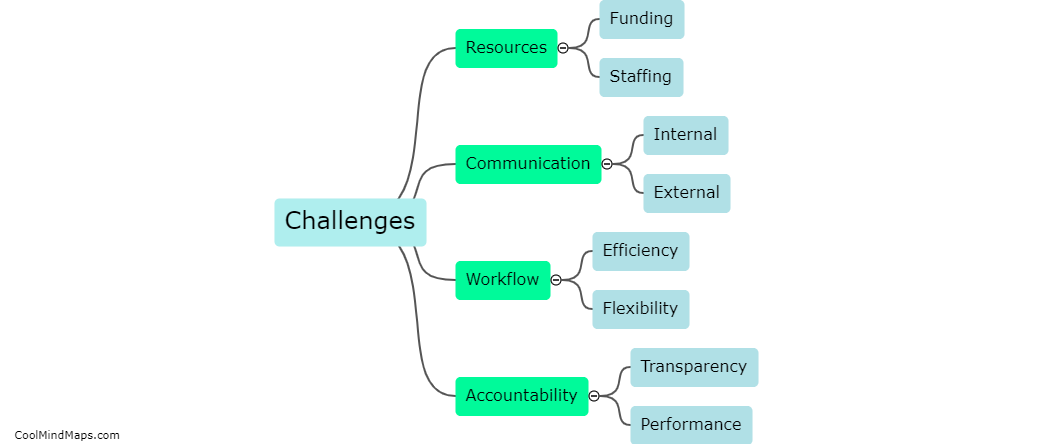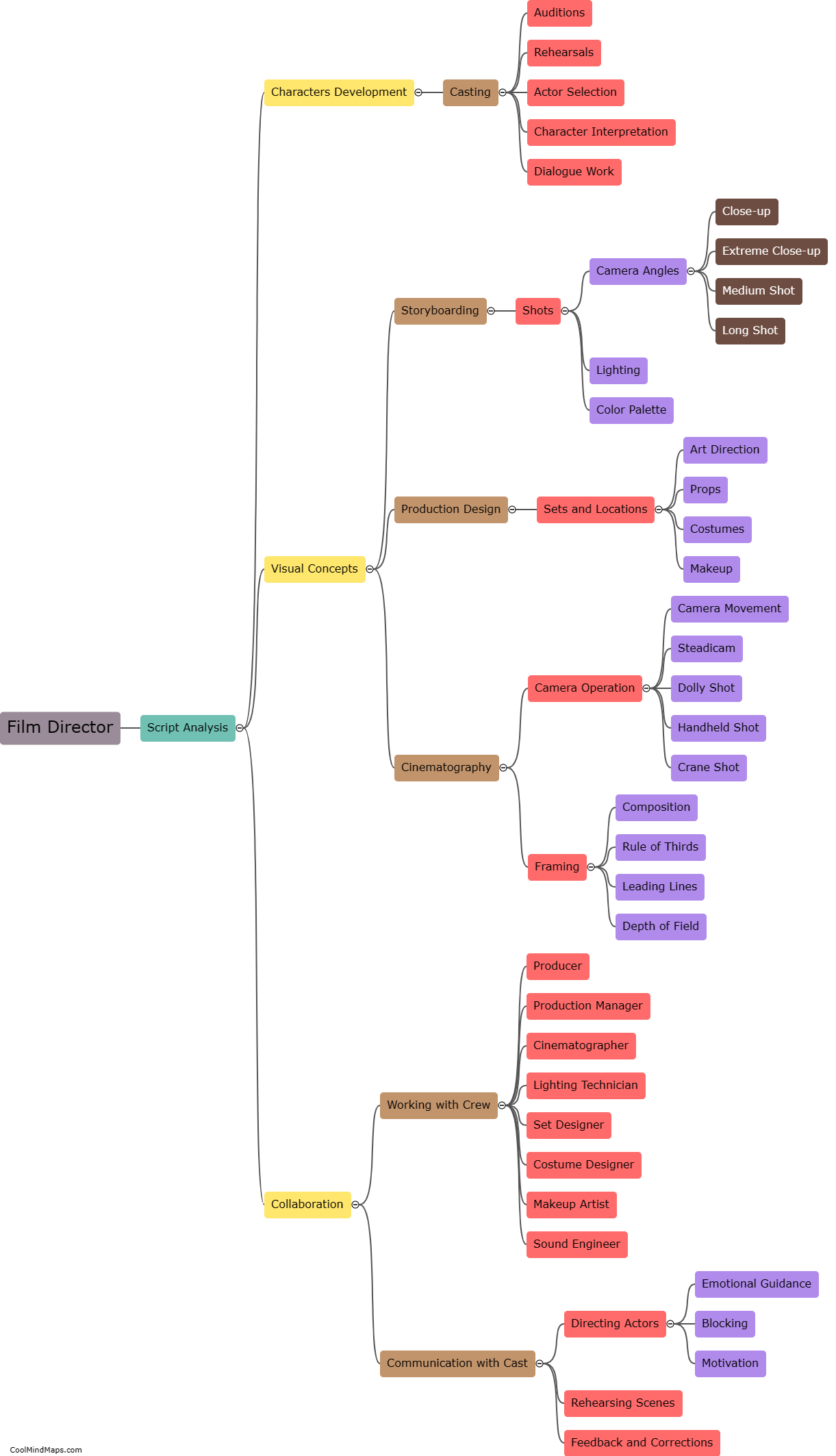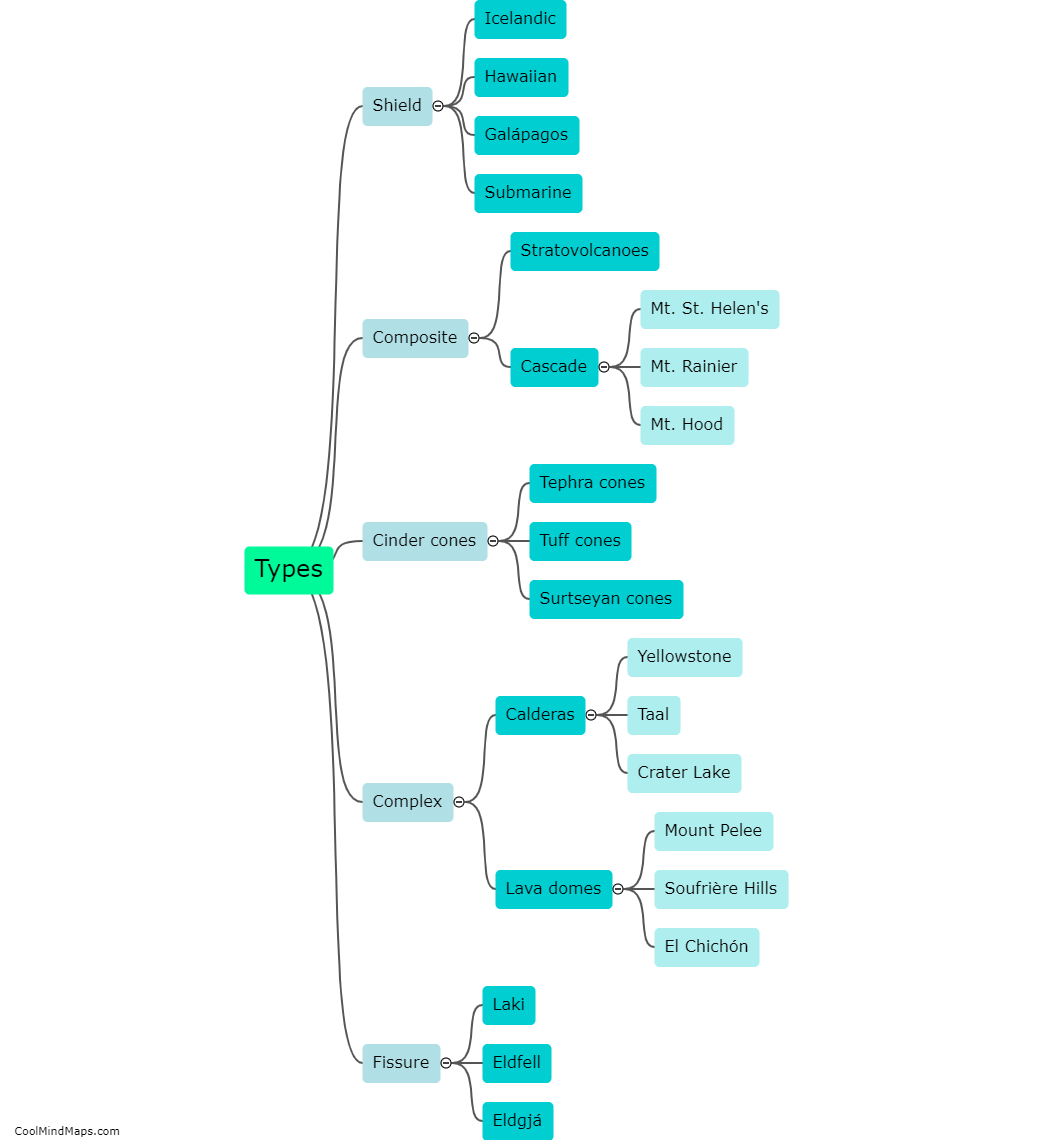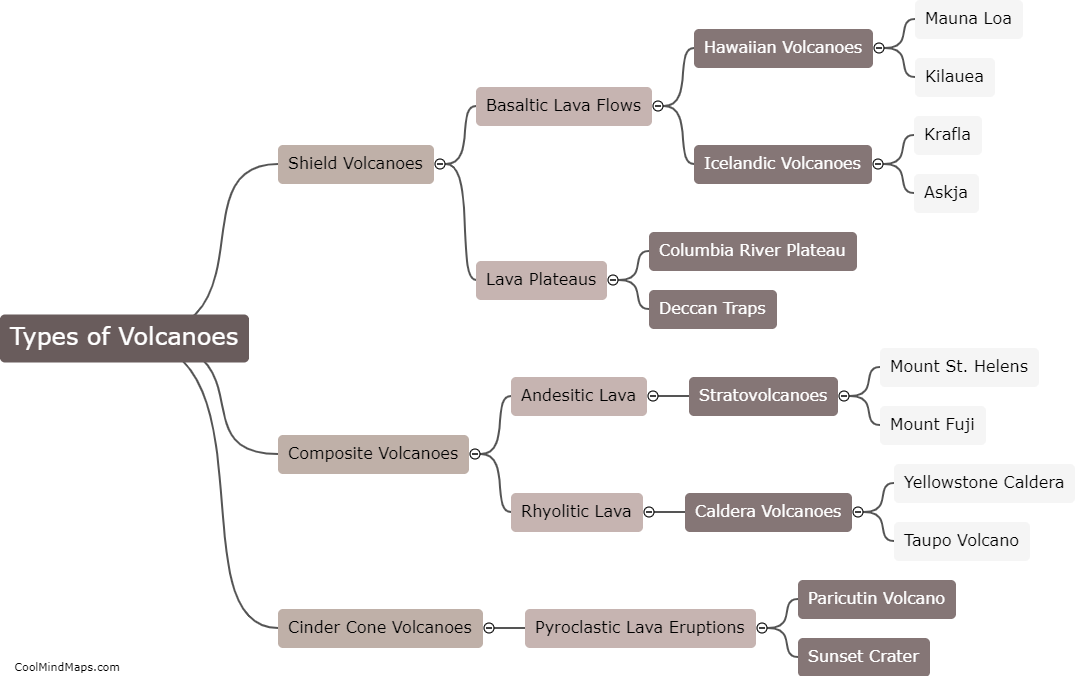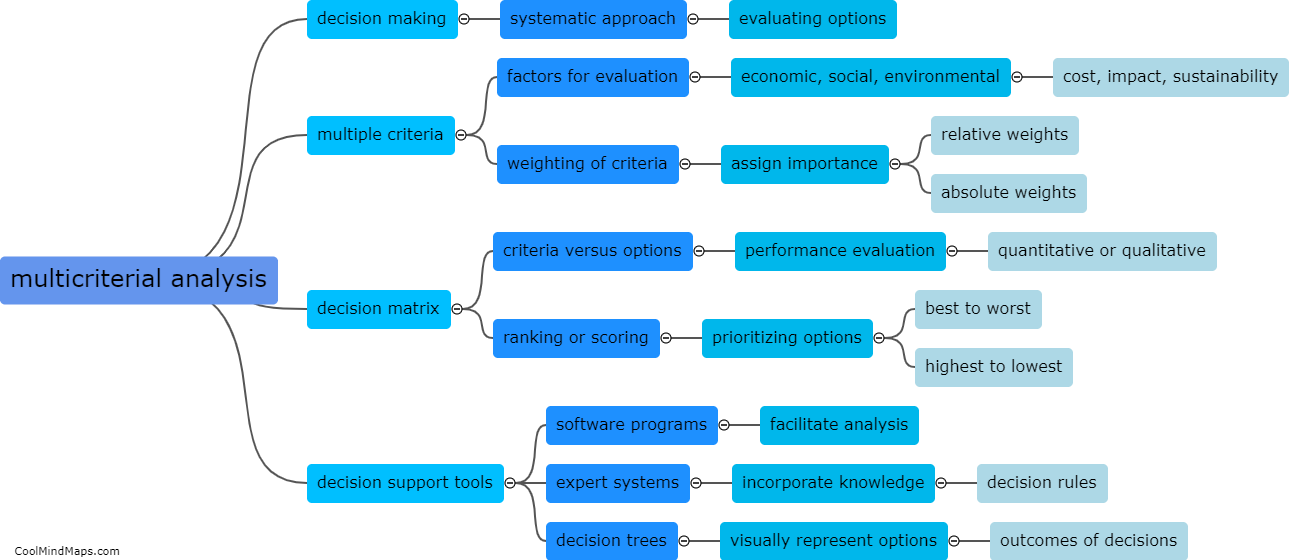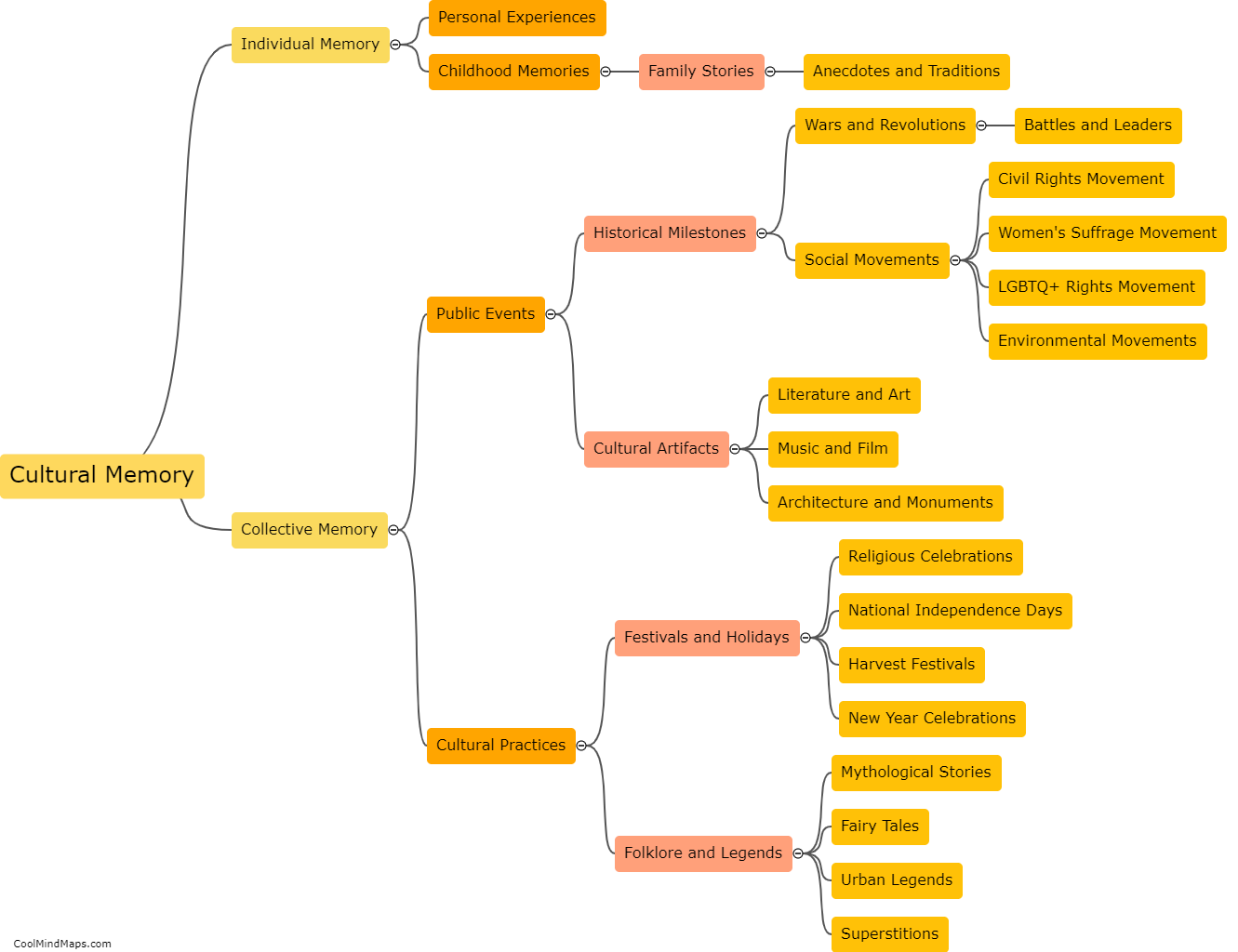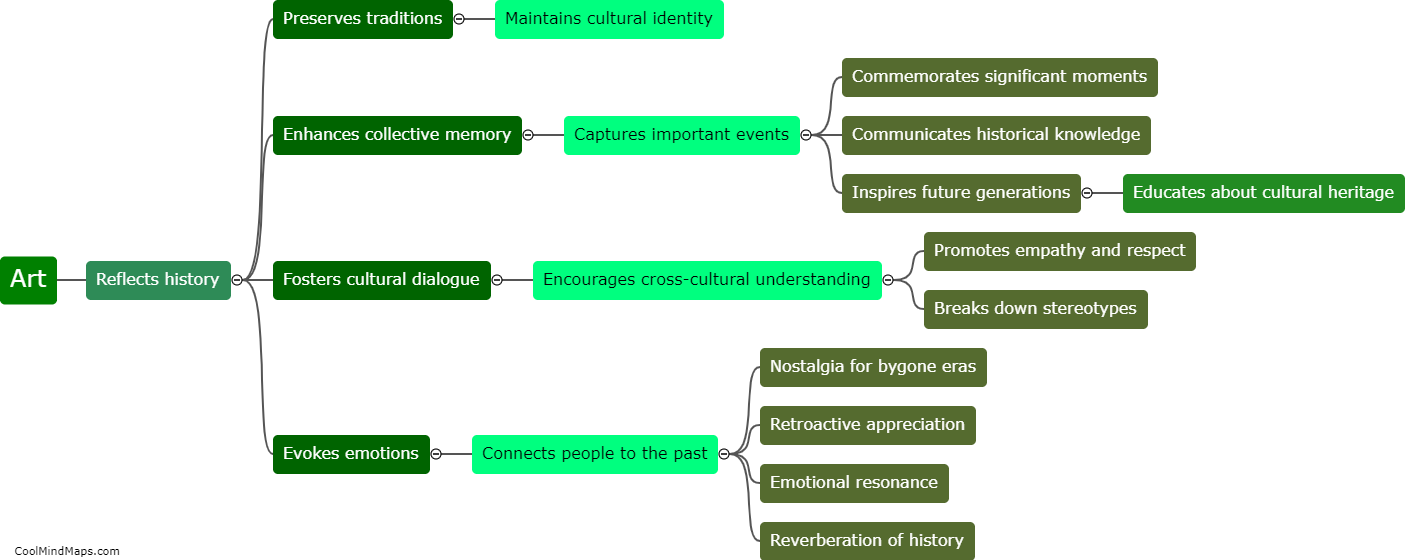How does the internet impact cultural memory?
The internet is transforming the way we acquire, preserve, and transmit cultural memory. With the abundance of information available at our fingertips, the internet provides a vast repository of cultural artifacts, histories, and stories that can be accessed by anyone, anywhere. However, its impact on cultural memory is not without controversy. On one hand, it has democratized access to knowledge, allowing marginalized voices and histories to be shared and preserved. It also enables the easy dissemination and preservation of ephemeral cultural artifacts like memes and viral videos. On the other hand, it has given rise to concerns over the reliability and permanence of online information, as well as the potential loss of traditional forms of cultural memory, such as oral histories and physical artifacts. Additionally, the constant influx of new information and the transient nature of online platforms can contribute to a sense of cultural amnesia, where older cultural knowledge is easily forgotten or overshadowed by the ever-present stream of new content. Overall, the internet presents both opportunities and challenges in shaping and preserving cultural memory in the digital age.
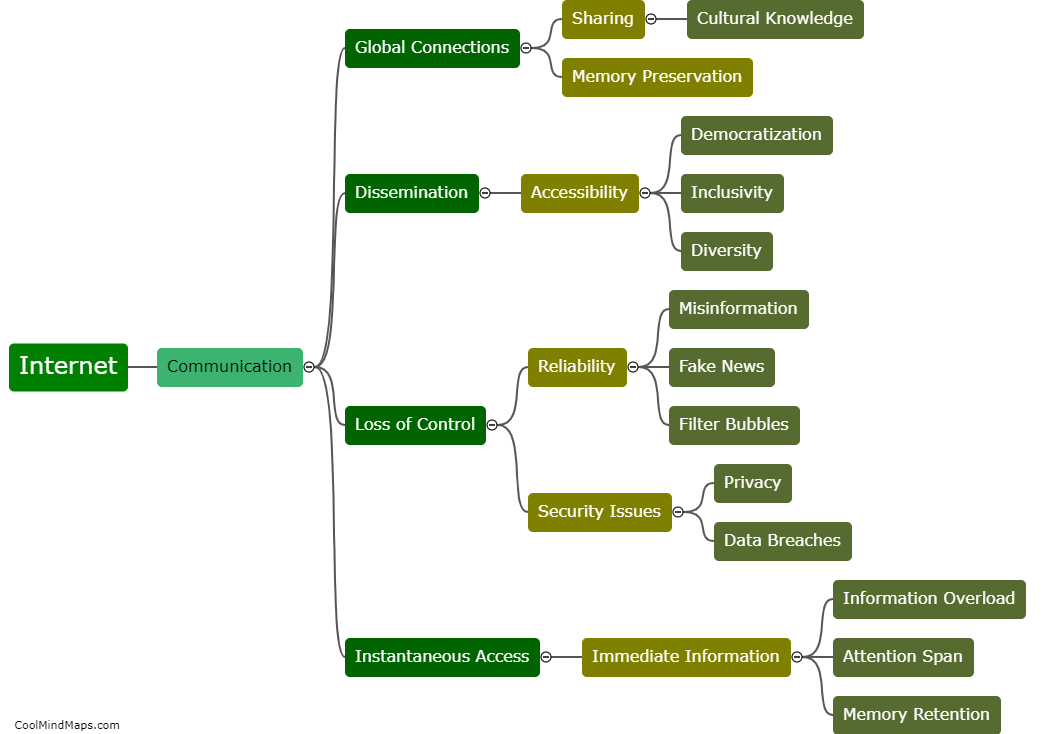
This mind map was published on 23 October 2023 and has been viewed 96 times.
